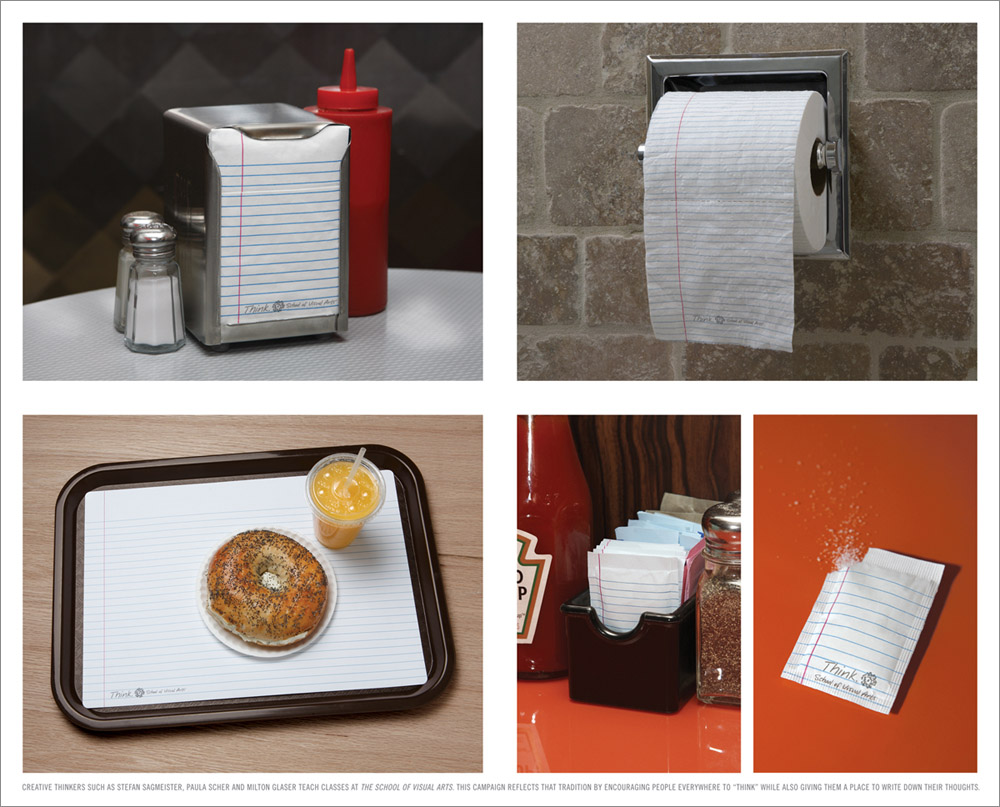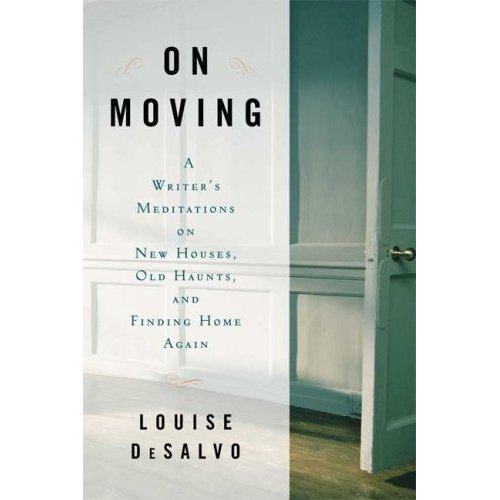Pianist and memoirist Nancy M. Williams on how her passion for music informed her writing – and vice versa:
 Two years ago, during a cold and snowy winter, I began my first book during a writing residency at Vermont Studio Center. My memoir explored reclaiming my passion for piano at age forty after a twenty-five year hiatus. While a variety of snowflakes, from clumpy to perforated, fell past my writing studio window, I wrote about my relationship with my father, who during my childhood had supported my writing but abhorred the sound of the piano. (In contrast, my mother, an amateur pianist herself, had savored my playing.)
Two years ago, during a cold and snowy winter, I began my first book during a writing residency at Vermont Studio Center. My memoir explored reclaiming my passion for piano at age forty after a twenty-five year hiatus. While a variety of snowflakes, from clumpy to perforated, fell past my writing studio window, I wrote about my relationship with my father, who during my childhood had supported my writing but abhorred the sound of the piano. (In contrast, my mother, an amateur pianist herself, had savored my playing.)
Writing my story helped me realize that the wrongs my father had committed during my teens had morphed over time into my lack of resolve. As an adult, I alone was responsible for the lack or abundance of classical piano music in my life.
After six months of intensive writing following my return home from Vermont, I had completed a rough draft of my memoir. Needing the perspective that breaks provide, I put the book in cold-storage, vowing not to read a single paragraph for three months. I felt a desire stronger than ever, stoked by the act of writing the rough draft, to reach my piano potential, squandered when I abruptly had quit at sixteen.
 Although I had sustained my daily piano practice and weekly lessons while drafting my book, I had not performed in public—save the occasional student recital—since beginning adult piano lessons four years earlier. Now while on break from my memoir, in short order I performed three times at my church: a Chopin Nocturne, Debussy’s Reverie, and part of a Beethoven Sonata. The experience injected me with so much confidence that I took the train into Manhattan in October to audition for The New York Piano Society, a group of skilled amateurs who hold free concerts in New York City and New Jersey. Much to my awed delight, the director, Elena Leonova, asked me to perform in two concerts in December. I felt, as I strode out onto the stage at Baruch Hall, that I had answered a call to myself .
Although I had sustained my daily piano practice and weekly lessons while drafting my book, I had not performed in public—save the occasional student recital—since beginning adult piano lessons four years earlier. Now while on break from my memoir, in short order I performed three times at my church: a Chopin Nocturne, Debussy’s Reverie, and part of a Beethoven Sonata. The experience injected me with so much confidence that I took the train into Manhattan in October to audition for The New York Piano Society, a group of skilled amateurs who hold free concerts in New York City and New Jersey. Much to my awed delight, the director, Elena Leonova, asked me to perform in two concerts in December. I felt, as I strode out onto the stage at Baruch Hall, that I had answered a call to myself .
Around the time of my audition, I pulled out the rough draft of my memoir. I delved back into scenes, editing them closely, yet I sensed that my story felt incomplete. A year after my first residency, I returned to Vermont Studio Center for another period of concentrated work.
Like the year before, snowflakes fell past my window into the black Gihon River below. In the quiet of my writing studio, I examined the book’s arc and flow. I felt befuddled. Where were the performances at my church? How could I have left out my audition for The New York Piano Society, let alone the two winter concerts? Then it hit me: when writing the rough draft, I had yet to live these experiences. My performances felt so knitted to the memoir’s material that I assumed I already had captured them as scenes.
The adage write what you know gained for me an entirely new texture, not unlike the varied snowflakes I encountered in Vermont. Writing about the piano, which I both know and love, spurred me to greater pursuits with my musical passion. The act of creating my book enriched my life.
Nancy M. Williams is an award-winning creative nonfiction writer and an avid amateur classical pianist. Visit her website for her online music magazine, Grand Piano Passion, as well as her recordings of some of her piano music. She is currently at work completing her memoir.

 He was across the street raking leaves, and I went over to say hello one a cool autumn day, to take a break from my work, writing about my father’s life during World War II.
He was across the street raking leaves, and I went over to say hello one a cool autumn day, to take a break from my work, writing about my father’s life during World War II. Gretchen Rubin
Gretchen Rubin
